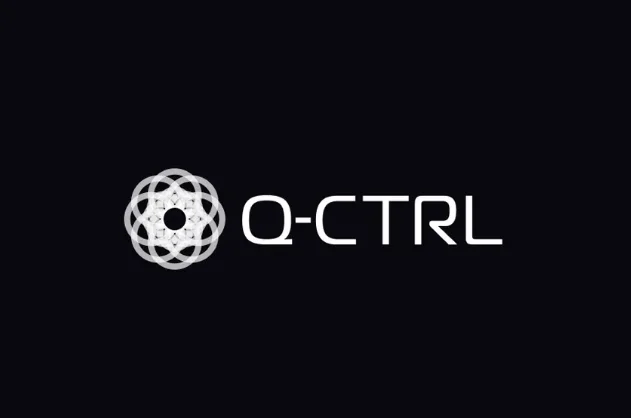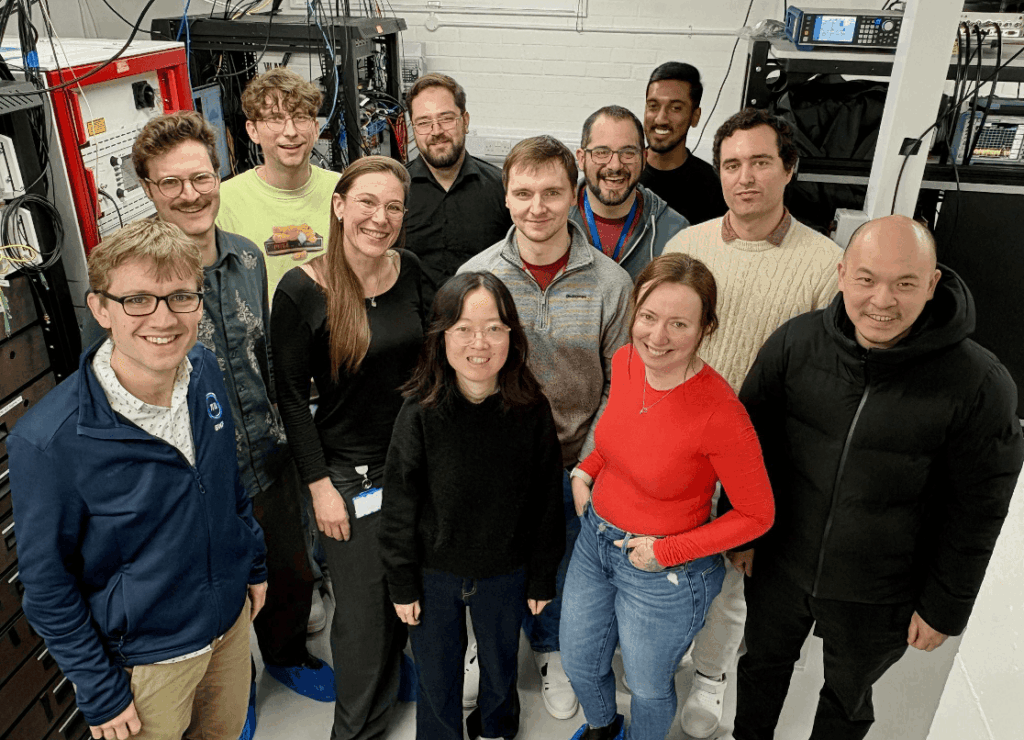Guest Post by Paulina Assmann,
CEO of SeQure Quantum and expert on Chile’s Quantum Technologies Advisory Commission.
As we discover new ways to consume information, the advancement of digital technologies is becoming an increasingly undeniable and necessary paradigm. Only in 2020, internet users generated 64.2 zettabytes (ZB) of data, surpassing the number of detectable stars in the cosmos. A figure that experts expect to continue increasing, reaching 147 ZB by the end of 2024.
The advancement of Artificial Intelligence is just one example of how technology is posing significant challenges to the regulatory capacity of many countries to set limits on its impact on the labor market, society, and individuals. This highlights the importance of finding equally fast and effective solutions to protect all this data, which is multiplying at

every moment.
Quantum computing is increasingly positioning itself as a technology that not only promises to revolutionize industries such as medicine, materials science, and Artificial Intelligence, but also finds itself at a crucial moment in its development to strengthen the field of cybersecurity. In fact, countries like the United States, China, and England have announced significant investments in the last three months.
The race to advance the development of quantum technologies, far from being a competition to see who gets there first, is excellent news that allows us to be better prepared for Q-Day. And Chile cannot be left behind.
Our country has a solid foundation in science and technology, a consolidated and continuously growing academic ecosystem, and a government that has demonstrated its commitment to innovation after creating bodies such as the Quantum Technologies Advisory Commission announced less than a month ago, which with the sponsorship of the ministries of Science and Interior, will help to map out the roadmap for the advancement of this technology, establishing clear strategies and precise regulations to take advantage of its opportunities and challenges in cybersecurity.
These types of instances are essential to establish a national strategy that defines clear objectives, coordinates efforts between different sectors, and promotes public-private collaboration. This will also inevitably catapult a significant incentive for the future of R&D investment, productive diversification through the attraction of both local and international talent, as well as the development of educational programs that prepare new generations for this new technological era.

Quantum computing is not only an opportunity for technological and economic development but also a space to be part of the changes that will revolutionize our ways of living and doing things in the future. And Chile not only has the potential but also the critical mass to become a global benchmark in the matter. Will we be protagonists or spectators? We want to be protagonists.















